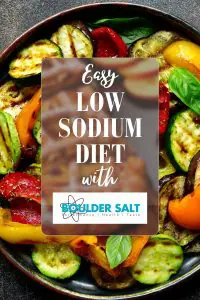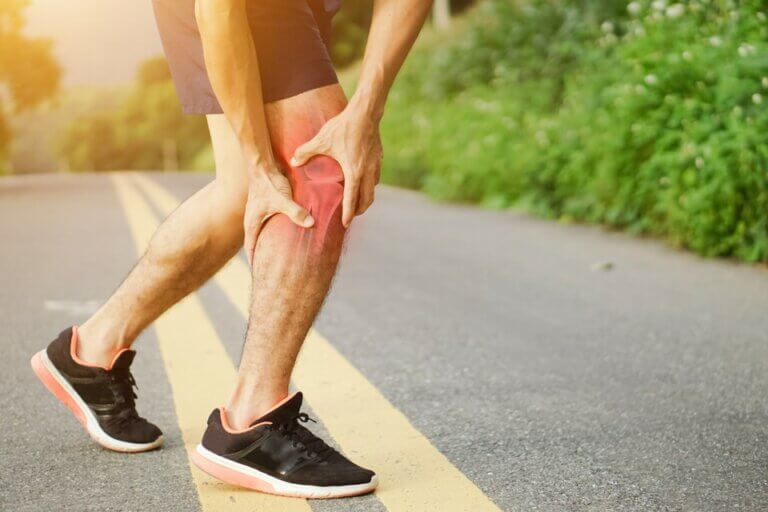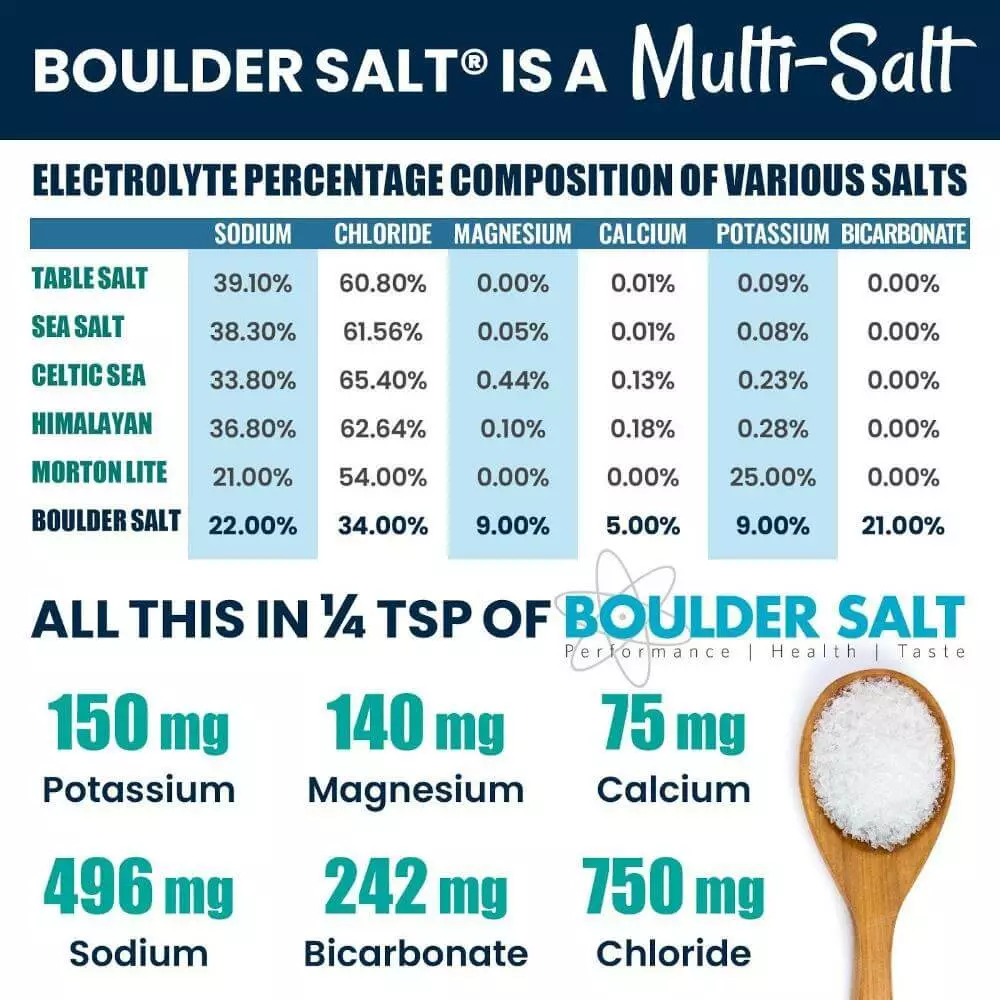
Low Sodium Diet Ideas Any Diet is Low Sodium with Boulder Salt! Are you looking for low sodium diet ideas and recipes

While a lot of things that can cause muscle cramps, and there can be many contributing factors that make you more at risk for muscle cramps. It’s important to know what can make you more susceptible to muscle cramps, and how we can prevent muscle cramps. Let’s start at the beginning and dive in to discover what causes muscle cramps
The primary cause of muscle cramps is the overuse of a muscle. Think of it as a “ticking time bomb” waiting to go off. The first thing to address is the overuse, because it is the primary cause. Overuse can look a couple of different ways, it can be both overuse from moving the muscle a lot, or overuse from holding the muscle in the same position. Either way, putting strain on the muscle can lead to cramps. Once you ID the movement or position, that will help you solve your muscle cramp problems.
There are some medical conditions that make you more prone to getting cramps, some of which you can control and some of which you can’t. These are:
All of these factors will help you ease muscle cramps or prevent them from happening in the future! Shop our selection of Boulder Salt today!

More to explore

Low Sodium Diet Ideas Any Diet is Low Sodium with Boulder Salt! Are you looking for low sodium diet ideas and recipes

Mountain View Welding does excellent work!
We make the highest recommendation for Loren Tonsing and the staff at https://mountainviewwelding.com Mountain View Welding does excellent work! Excellent communication to

Boulder Salt is in stock at The Raw Store!
Where in the world is Boulder Salt? This time the news is that Boulder Salt is stocked at The Raw Store in